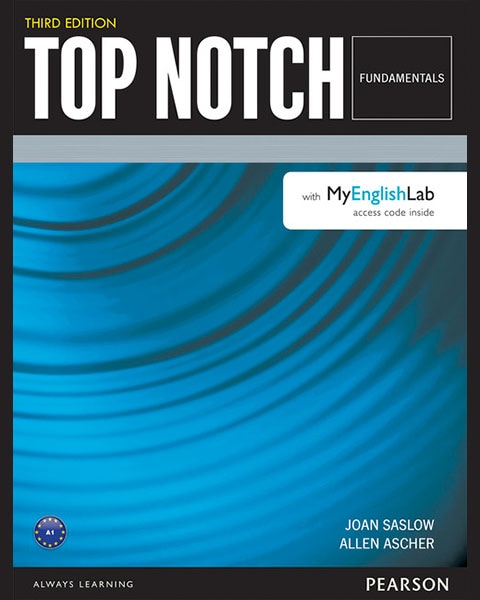Mori
Member
- Joined
- Mar 31, 2008
- Location
- Isfahan
- Member Type
- English Teacher
- Native Language
- Persian
- Home Country
- Iran
- Current Location
- Iran
Consider the following conversation:
John: I live in London.
Dave: Really? I didn't know you lived (NOT live) in London.
That's how I've always asked my students to use the second verb tense according to the previous one, i.e. sequence of tenses. I was surprised when I saw the following today:
Source: Top Notch 1
Shouldn't it be did you know I was a big bike riding fan?
John: I live in London.
Dave: Really? I didn't know you lived (NOT live) in London.
That's how I've always asked my students to use the second verb tense according to the previous one, i.e. sequence of tenses. I was surprised when I saw the following today:
M: What are you doing this afternoon?
F: Nothing special. Why?
M: You want to go bike riding?
F: Did you know I’m a big bike riding fan?
M: Actually, no, I didn’t.
F: It’s true. I ride my bike every weekend—rain or shine.
M: That’s great!
Source: Top Notch 1
Shouldn't it be did you know I was a big bike riding fan?
Last edited:
